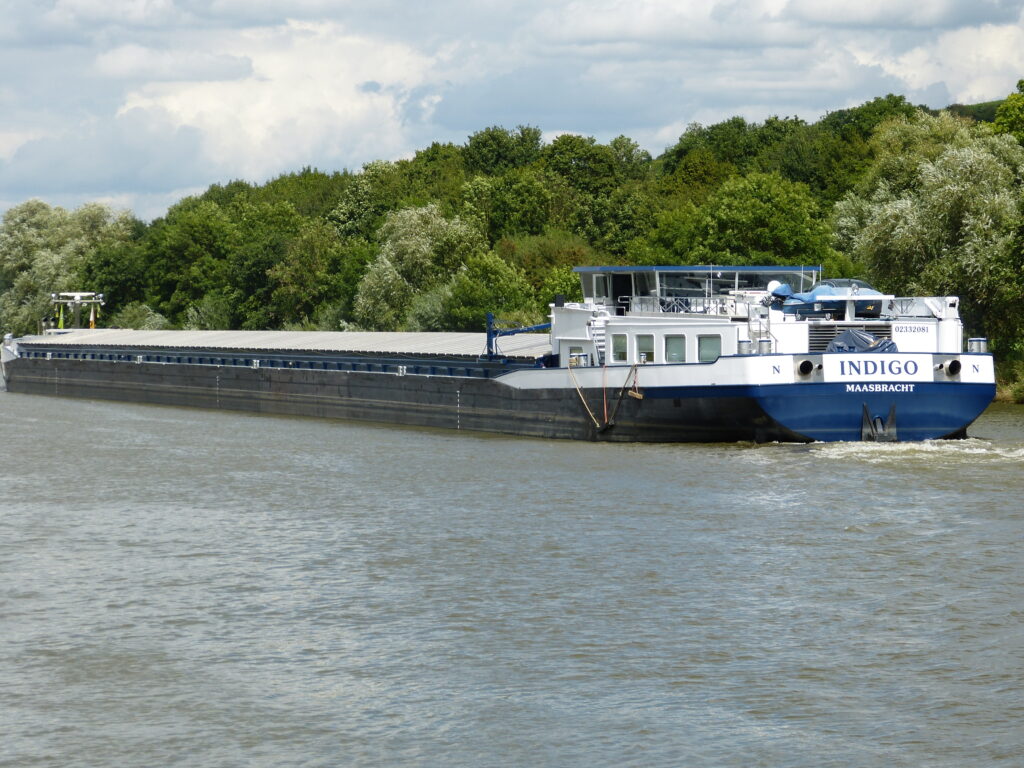Transforming the Supply Chain for Sustainable Future
18th April 2023

As the world becomes more focused on sustainability, businesses across all industries are exploring ways to reduce their environmental impact by driving revenue, reducing operational costs, improving business reputation, building consumer perception, and fulfilling corporate social responsibility, writes Varun Visruthan. Traditional oil-producing countries are moving towards electrical-based production, and businesses are increasingly adopting innovative strategies to make their supply chains more sustainable.
Green logistics, also known as sustainable logistics, is a growing trend that focuses on reducing the environmental impact of extensive transportation and distribution of goods involved in maintaining global commerce. Companies must embrace a range of green logistics strategies to achieve a sustainable supply chain. These include the use of electric or hybrid vehicles for transportation, optimizing routes to minimize fuel consumption and emissions, and implementing waste reduction and recycling programs. Additionally, companies can use automation to improve the efficiency and accuracy of their intralogistics operations, such as by implementing real-time tracking and monitoring systems.
Storage, transport, and inventory management are three important aspects of warehouse operations. With the adoption of robotics and automation systems such as the Automated Storage and Retrieval System (ASRS), companies can consider using efficient motor drives (IE3 or IE4 level), reusing the energy from braking, and using the latest battery technology (LTO) with the longest life cycle. In addition, this is a way for warehouses to utilize the cubic meter vertical space of a warehouse, thereby reducing the overall footprint of the facility. With the advantage of the cost of buildings and land, there is also less area to heat or light up, resulting in energy savings. This is even more critical in applications of frozen warehouses, where there are fewer walls and roofs to absorb heat from the outside, resulting in lower refrigeration costs. This is evident in the Middle Eastern market. Each country, be it in the UAE, Saudi Arabia, Kuwait, Oman, Qatar, or Bahrain, has its own set of challenges due to its proximity to the sea or being placed in the midst of a location far away from electrical transmission lines.
With real-time inventory updates from advanced Warehouse Management Software (WMS), warehouse managers can easily effectuate FIFO (the first-in-first-out) method to reduce inventory wastage with fixed shelf lives. AI-powered software provides analytics to predict demand and accordingly creates inventory. Inventory can also be managed at forward locations such as smaller warehouses or micro-fulfilment centres (MFCs) to not only improve consumer experience but also reduce on-road transportation of vehicles or reduce vehicles with suboptimal capacity utilization. Smart Fleet Management Systems (FMS) and Truck Management Software can combine inventory management with efficient transportation by planning inventory routes, task allocation, and scheduling. With such collaborative and intelligent transport systems, supply chain managers will reduce transition times, leading to energy savings. It also ensures the optimal capacity utilization of vehicles, reducing overall carbon emissions.
A fully automated warehouse can be seen as a lights-out (dark) warehouse with almost no human involvement. When space is better utilized, operations are optimized to every bit, and wastage is reduced significantly; there is less space to illuminate, less distance to transport, and less waste to process. In addition, it increases the efficiency, reliability, and accuracy of warehousing operations.
An automation solution provider with both hardware and software capabilities, such as Addverb, can offer all of these require a higher upfront investment but pay off in energy consumption and is better for the environment.
The future of logistics is green, and companies that embrace sustainable practices are better positioned to succeed in the long run. By reducing their environmental impact and building a reputation for sustainability, companies can attract customers and partners who share their commitment to a sustainable future.

